Search

News & Events
WA Kids Cancer Centre researchers appointed to Brain Cancer Expert Advisory PanelDr Jessica Buck and Associate Professor Raelene Endersby have been appointed to the prestigious Australian Brain Cancer Mission Expert Advisory Panel.
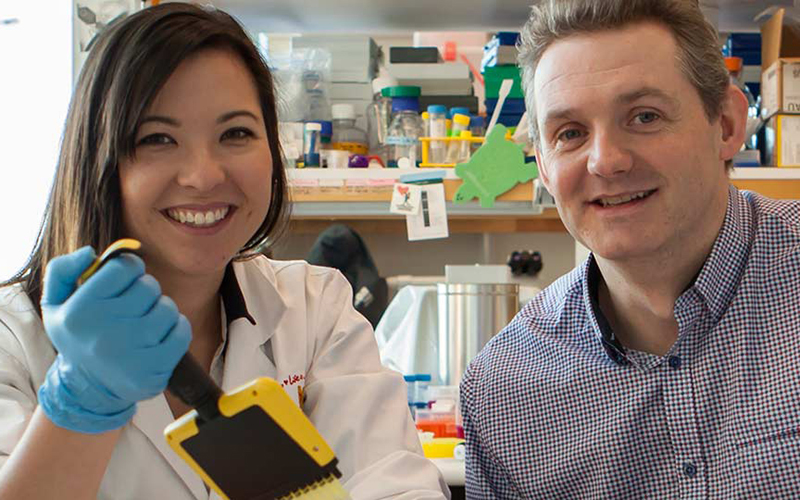
News & Events
Landmark research hopes to increase survival rates for aggressive childhood cancerA new combination of drugs could help to increase survival rates with fewer side effects for some children with one of the most aggressive forms of childhood brain cancer.
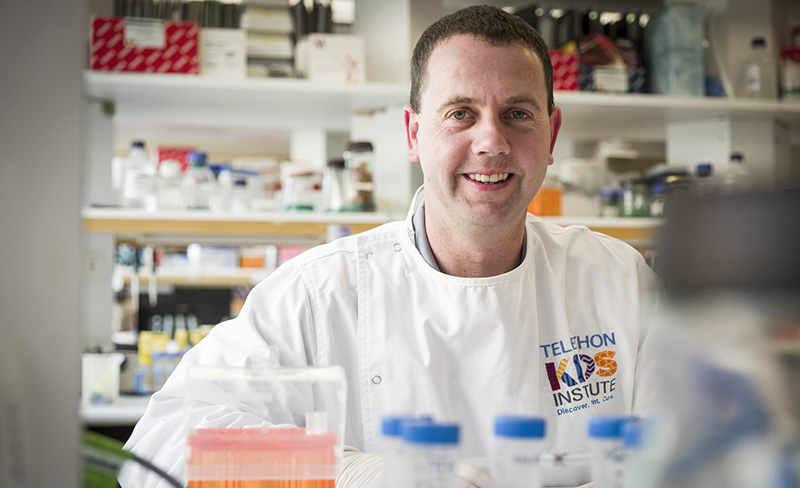
News & Events
Researchers identify immune cell that puts cancer to sleepA team of Australian scientists including cancer researchers from The Kids Research Institute Australia have made a crucial breakthrough in understanding how the immune system puts cancer to sleep.
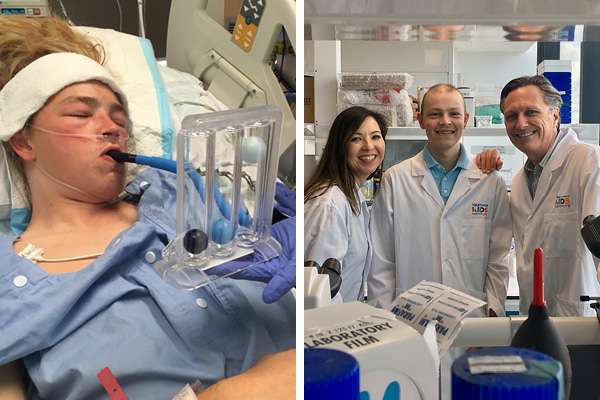
News & Events
Meet Baxter HutchinsonBaxter Hutchinson was diagnosed with two life-threatening brain tumours a year ago, aged 17. Since then he has undergone surgery, radiotherapy and chemotherapy in his journey to beat the cancer.
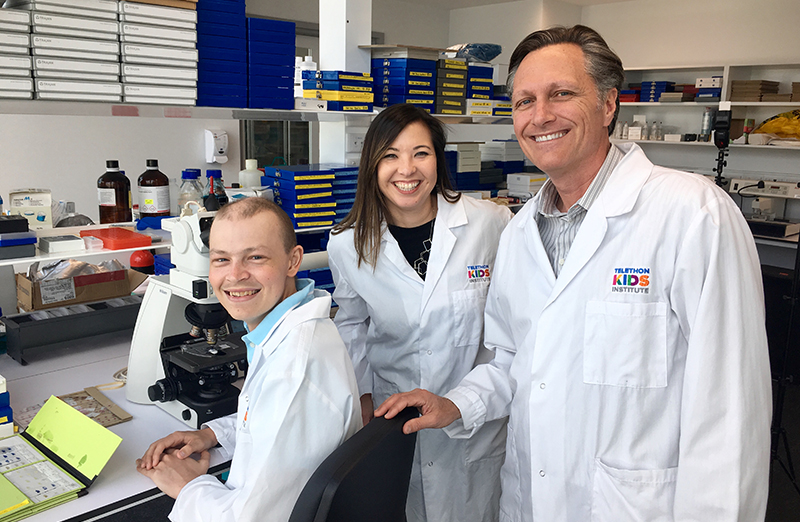
News & Events
Three-continent clinical trial aims to improve survival for aggressive kids’ brain cancerThe Kids Research Institute Australia and Perth Children’s Hospital will lead an international clinical trial of a novel drug combination they hope will increase cure rates for one of the most aggressive forms of childhood brain cancer.
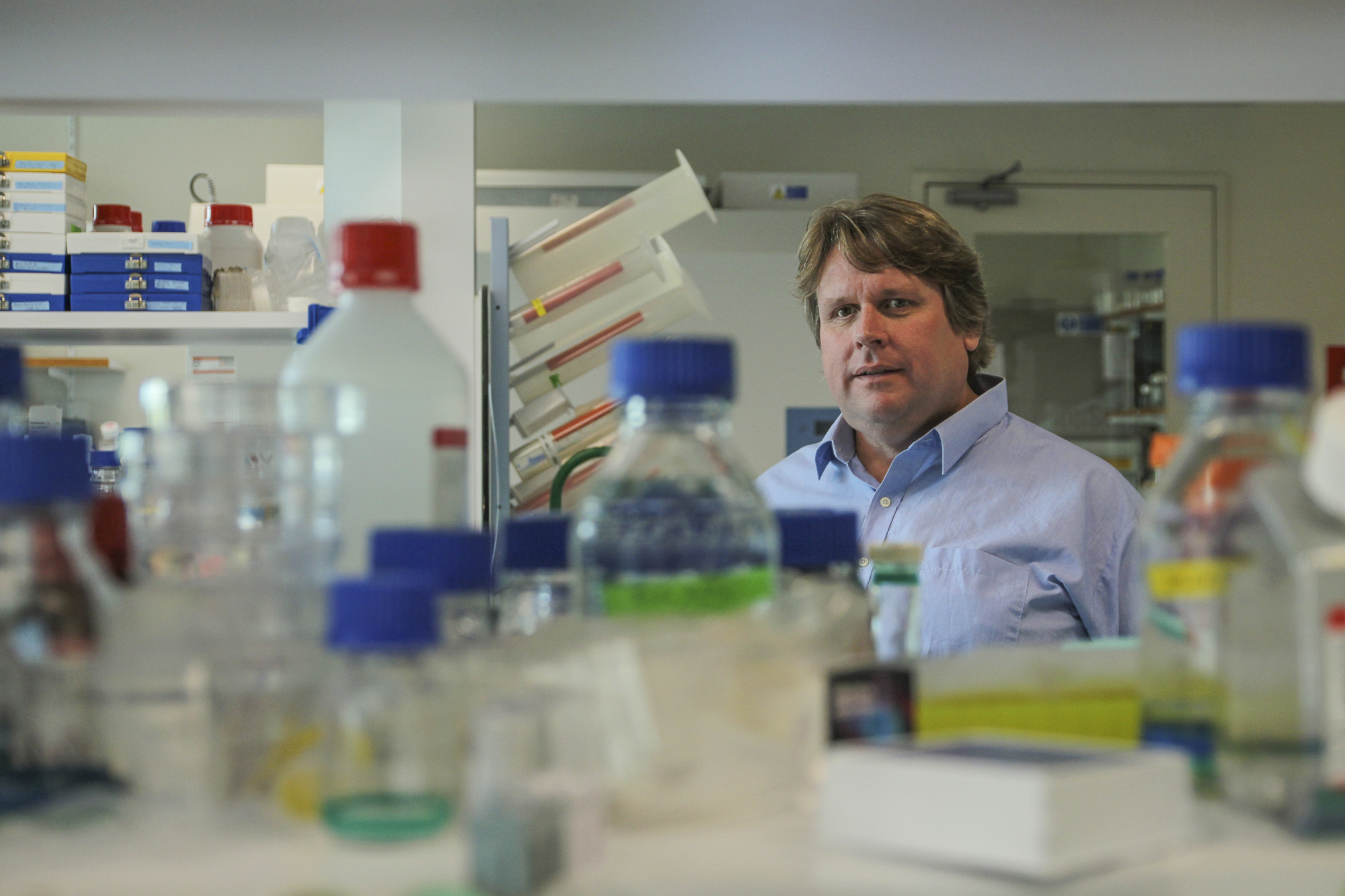
News & Events
The Kids researchers seek cure for devastating gliomaThe Kids Research Institute Australia’s cancer researchers will use funds raised in the name of a brave three-year-old girl to launch a new assault on the devastating form of childhood cancer which took her life.
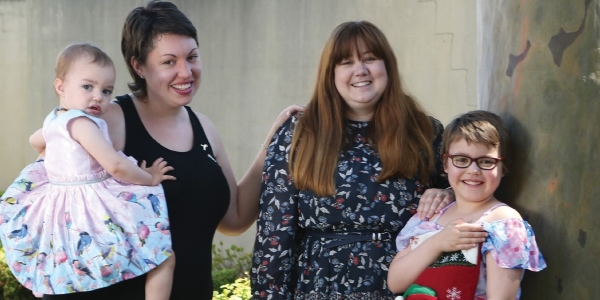
News & Events
Amazing Aroha brings comfort to other sick kidsEmma White, a registered nurse, suspected for several months that something was wrong with her 7-year-old daughter Aroha, but couldn't get answers despite visiting numerous GPs.
News & Events
Dad’s Dream Inspires Global Cancer FightThe Global Symposium on Childhood Brain Tumours is bringing the world's premier childhood brain tumour researchers and scientists together in Perth.
News & Events
Global Assault on Childhood Brain Tumours Gains MomentumA report outlining key steps to tackle a common and aggressive childhood brain tumor is gaining rapid momentum after attracting international attention.
Research
Human erythroleukemia genetics and transcriptomes identify master transcription factors as functional disease driversAcute erythroleukemia (AEL or acute myeloid leukemia [AML]-M6) is a rare but aggressive hematologic malignancy. Previous studies showed that AEL leukemic cells often carry complex karyotypes and mutations in known AML-associated oncogenes.
